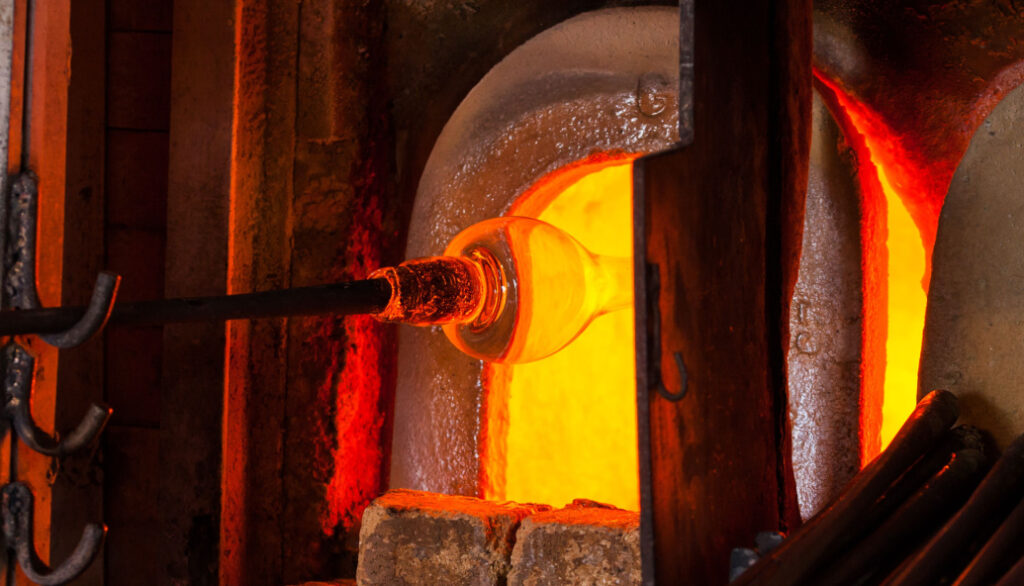A new wave of hydrogen-powered projects has been unveiled today as part of the government’s efforts to cut emissions, revive industrial heartlands and drive economic growth.
In total 27 projects have been shortlisted for the next stage of the Second Hydrogen Allocation Round (HAR2), a scheme aimed at supporting low-carbon hydrogen production nationwide.
The hydrogen industry has already drawn in £400 million of private investment in areas such as Milford Haven and High Marnham, creating 700 direct construction and operations jobs.
With this latest shortlist, the government hopes to unlock more than £1 billion in private sector investment by 2029.
Labour says the push on hydrogen is about reindustrialising the nation, pointing to the wide range of jobs the sector could support—from apprenticeships and graduate roles to technically skilled positions like engineers, welders and pipefitters.
Industry Minister Sarah Jones, said:
We are deploying hydrogen at a commercial scale for the first time – not just investing in a technology – but investing in British jobs, our proud manufacturing communities and our energy security.
From distilleries and sustainable aviation fuel to public transport and clean energy generation, hydrogen can power our everyday life and unlock clean energy growth across the country as part of our Plan for Change.
Today’s announcement builds on the First Hydrogen Allocation Round, which saw 11 projects awarded £2 billion in government funding.
Among them is Whitelee Green Hydrogen in Scotland, which will supply clean hydrogen to the Inchdairnie Whisky distillery—set to become a sustainable distilling operation by 2027.
Hydrogen is seen as a key tool in helping heavy-emitting industries decarbonise.

Projects in this round include plans to use hydrogen in ammonia production, brick and glass manufacturing, clean power generation, and sustainable aviation fuel.
Green hydrogen, which is produced by splitting water using renewable electricity, offers a zero-carbon alternative for powering key parts of the economy, from transport to industry.
Spanning England, Scotland, and Wales, the HAR2 shortlist signals the UK’s growing ambitions to become a clean energy superpower.
As the government pursues its Plan for Change, these projects are expected to form the foundation of new energy hubs, create skilled jobs and support domestic clean energy supply chains.









